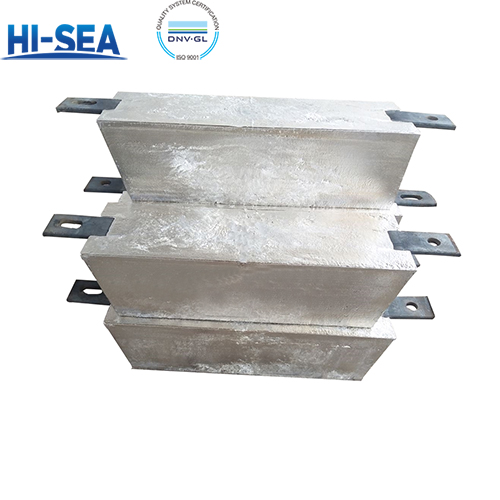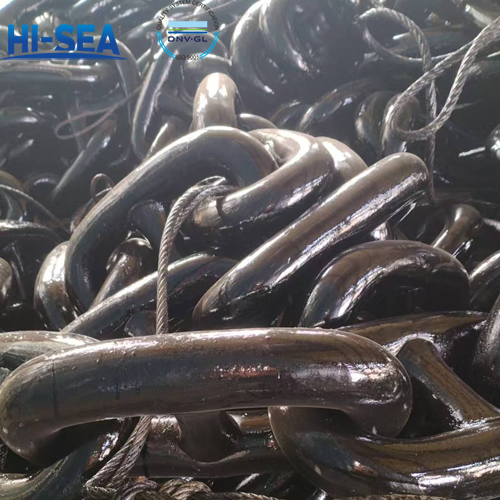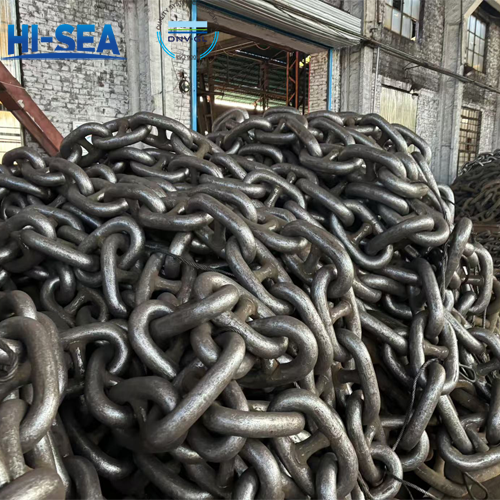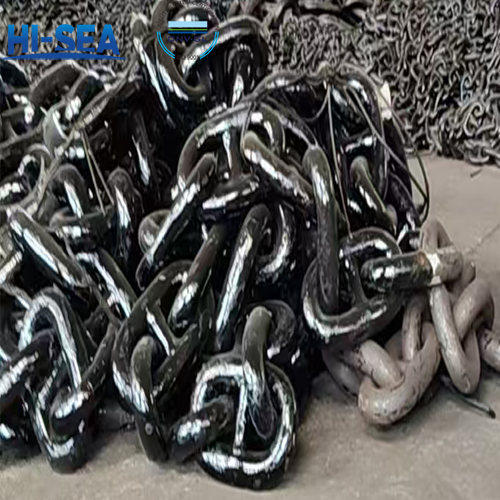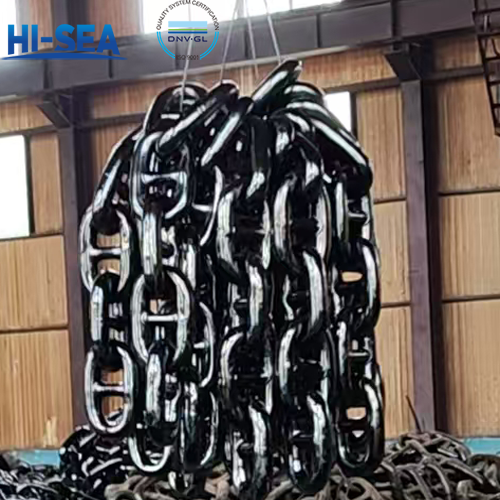
How to Choose Sacrificial Anode for Ship?
Historically, zinc has been used as a sacrificial anode material, but today, with magnesium and aluminium also increasingly being used for cathodic protection with sacrificial anodes, zinc is no longer synonymous with sacrificial anodes. Zinc anodes work well in salt water and have long been the traditional sacrificial anode metal, but it is also the worst choice and very toxic to the environment. Aluminium is a light metal and can work in brackish and brackish water. In addition, they can last up to 50% longer in salt water. Magnesium is the best anode for use in fresh water, but it does not perform well in salt water.
Overview
Various Sacrificial Anode Properties
Zinc is the traditional anode material because in the past it was relatively easy to produce. Whilst zinc performs adequately in salt water, it does not protect ships in fresh or brackish water. In addition, zinc itself is toxic in the environment and zinc anodes must contain the highly toxic metal cadmium as an activator, adding to the environmental hazards.
Aluminium anodes are rapidly replacing zinc anodes for hull cathodic protection. Aluminium anodes are very different from the aluminium alloys used for hull, outboard and stern drives. These aluminium anodes are electrically active and provide better protection than zinc, and with their longer life span, aluminium has been used for many years in marine engineering to protect equipment that requires long term corrosion protection. Aluminium anodes also use a much less toxic activator, which makes them better for the environment. Most importantly, aluminium anodes are really the only option for saltwater environments.
Magnesium anodes are the most active sacrificial anodes and are the only ones that work in fresh water with low conductivity, magnesium is also relatively non-toxic to aquatic life. Because magnesium is too active in salt or brackish water, it is not recommended for use in these waters.
Which Aacrificial Anode Material to choose?
Salt water: In salt water, aluminium anodes are more active than zinc anodes, providing better protection and a longer service life. Magnesium anodes are so active in this highly conductive liquid that they corrode completely within a few months, resulting in extremely high replacement costs. Although zinc has been the traditional anode used for salt water, it does not provide as much protection and does not last as long as aluminium.
Brackish water: Aluminium anodes provide better protection. They do not corrode as quickly as magnesium anodes and provide better protection than the less active zinc anodes.
Freshwater: Magnesium is the best choice. It provides better protection in this low conductivity liquid. Zinc anodes are not suitable for use in fresh water because they form a hard, dense coating over a period of months, which reduces the efficiency of the anode. Aluminium alloys provide protection in freshwater, but not as well as magnesium anodes, so aluminium anodes are only recommended if the boat is intermittently in freshwater.
When selecting sacrificial anodes for hulls, factors such as the environmental conditions in which the hull is located, the need for corrosion protection and the cost need to be taken into account. Usually, zinc and aluminium anodes are better choices for ships operating in seawater for long periods of time, while magnesium anodes may be more appropriate in freshwater environments. In addition, attention needs to be paid to the installation position and number of anodes to ensure that they can give full play to the anti-corrosion effect.
In conclusion, the selection of commonly used sacrificial anodes for ship hulls should be considered comprehensively according to the specific situation in order to select the most suitable anode materials and specifications.

